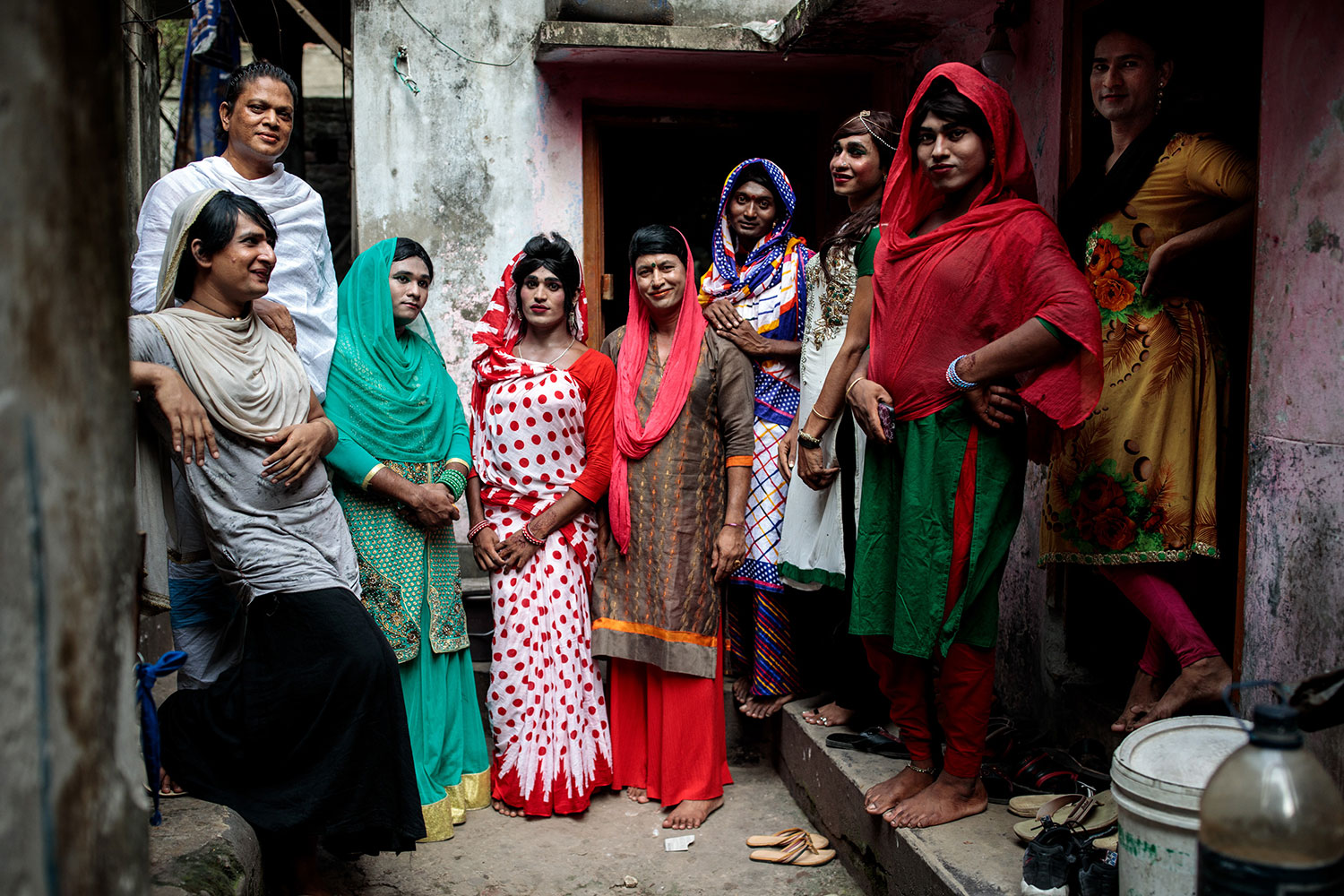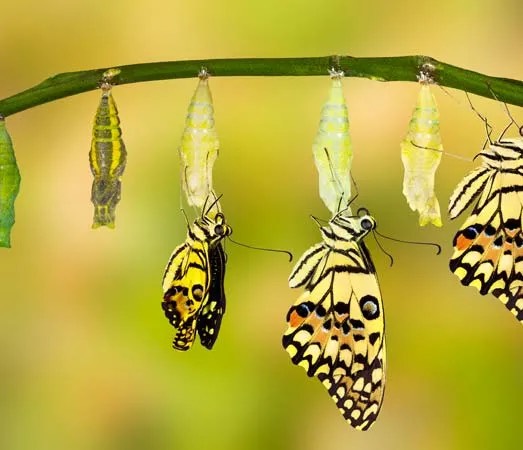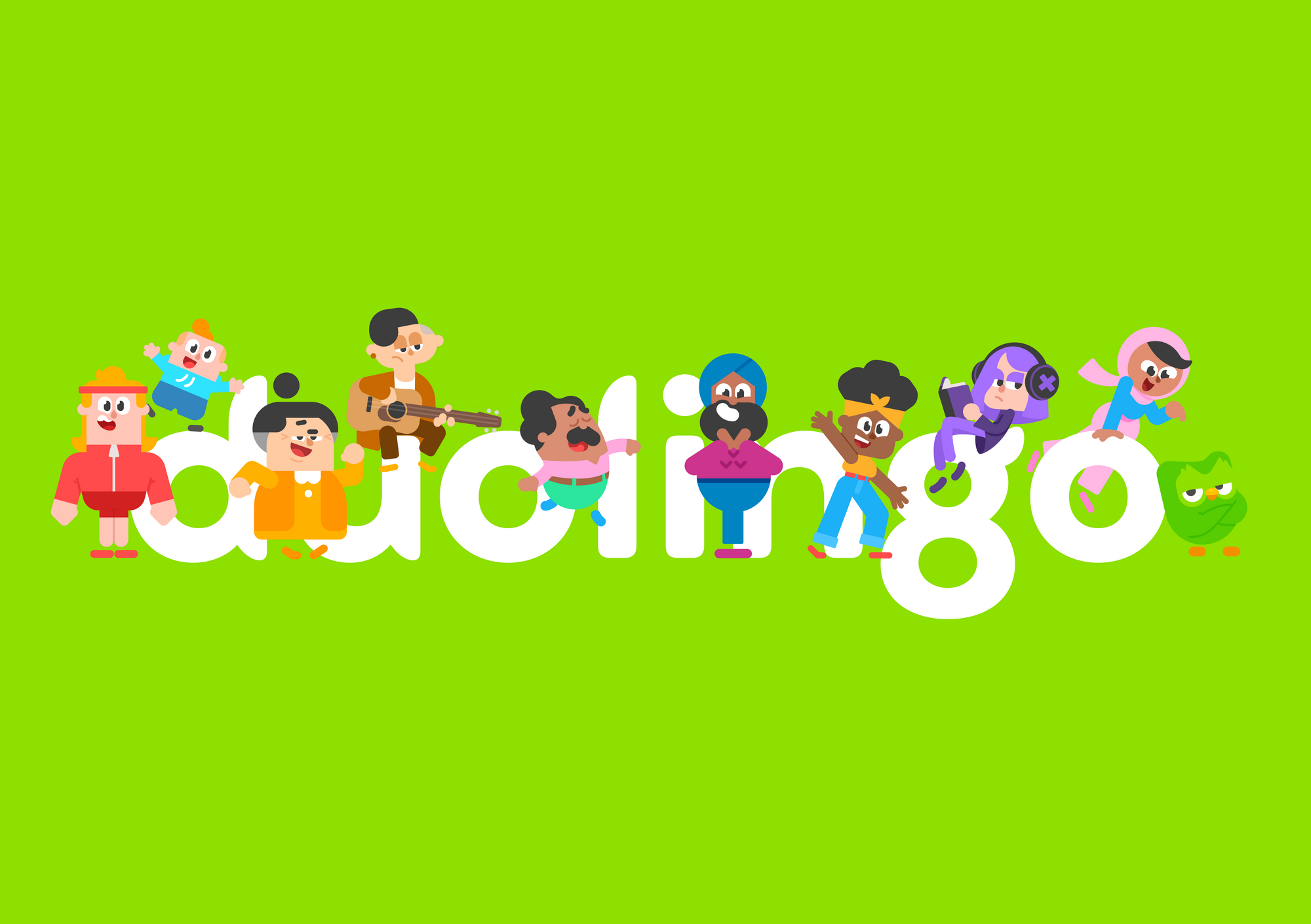By Anonymous
Perhaps my first encounter with the LGBTQIA+ community was when I was 10. It was when my brother was born and some people from the hijra community had come to bless him. The hijras, a group which mainly includes intersex people and transgender women, are now sadly rejected from society, deprived of the same job opportunities and living conditions as us. But, this has not always been the case.
My grandmother told me a story when I was young: one of the epics of Hindu mythology — a poem called Ramayana. It is often described as a tale of the victory of good over evil; it tells the story of the deity Lord Rama who was exiled from his home, Ayodhya. It is said that when he left his kingdom, his subjects started to follow him through the forest, until he ordered them to leave, “Men and women, wipe your tears away and go back.” His hijra followers, not classifying themselves as either men or women, stayed at the edges of the forest and waited for him for 14 years. Rama was impressed with their devotion and gave them the power to offer blessings at weddings and birth. Hindus still believe that they have a power to bless and curse.
Since ancient times, different sexualities and genders have been embraced by the ancient texts of Hinduism. To this date, temples exist that have statues and sculptures acknowledging divine characters and deities that were queer.
But until 2017, homosexuality was a crime by law in India, having been introduced by the British during their 200 years of colonial rule. Notwithstanding the fact that Britain went on to decriminalize homosexuality in 1967, the Indian constitution still validated the law until 2017; it remains highly unacceptable in Indian society.
But then came Ellen, who I came to know as a wonderful TV host on YouTube. I had not fully understood who she was, but I knew that she was different. We all have that stage when people at school become more aware of their adolescence. During that stage, I was described as ‘boyish’ in my old school. There were extreme bullies who would call this boy at my school a hijra in an unacceptable derogatory tone because they thought he was too feminine.
Then, as I begun to watch Ellen on YouTube, read novels by John Green and Cassandra Clare, I came to realize that gender and sexuality weren’t as simple as Bollywood made it look. I realized that the stereotypical displays of femininity and masculinity in movies was, for a lack of better words, unrealistic.
I often hear about people in my previous school in India who are still hiding in the closet. I hear stories — sad stories — of people I knew, people who I had connections to, who are suffering.
Why? Simply because we lack empathy? Compassion?
The list of discriminative acts against the LGBT+ community continues endlessly. While half the word fights for equality, half of it remains ignorant and intolerant. In 2019, 72 countries still criminalize homosexuality and hundreds do not allow same sex marriages. The most privileged sections of society still suffer discrimination and isolation. What does this mean for the deprived ones?
When I came to Geneva, I had envisioned a perfect heaven where people were accepting and loving; with all the big successful pride parades, it had seemed like a utopia. And this is true, it is a lot better. More people here are accepting as they are more educated on these topics. They are not ignorant, and they acknowledge the existence of the LGBT+, unlike many places. But that doesn’t mean that everyone is on the same page.
I still sometimes hear people saying casual sexist and homophobic comments against the LGBT+ community. I see people picking on others who seem gay. I still see some of my classmates get uncomfortable when the topic is discussed.
I have been in a society where there was great intolerance, and as a child, was been brought up to reject anyone who was different. Yet I came to realize how wrong this was after having the privilege to meet some of the most amazing people who were part of the LGBT+ community. All of us have the potential to change ourselves and the world, and the steps to change can be taken anytime. It’s never too late.
At last, I’ll say one more thing. While we are on the road to acceptance, acceptance is important, but the pride of humanity lies in diversity. Let’s not just accept it, but celebrate it.



